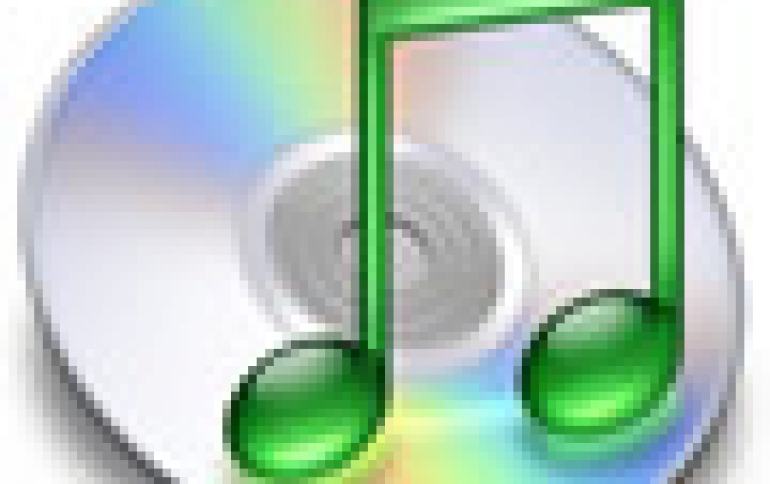
Apple disables iTunes hack
Apple Computer has closed a security hole that allowed an underground program to tap into
its iTunes Music Store and purchase songs stripped of antipiracy protections.
The PyMusique software, created by a trio of independent programmers online, emerged last
week as a copy protection-free back door into the popular iTunes store. One of the creators
was Jon Johansen, the Norwegian programmer responsible for releasing DVD-copying
software in 1999.
Apple released a statement Monday saying the problem had been fixed, and that some iTunes customers would need to upgrade their software.
"The security hole in the iTunes Music Store which was recently exploited has been closed, and as a consequence the iTunes Music Store will now sell music only to customers using iTunes version 4.7," the company said in a statement.
Like all other digital music companies, Apple has been dealing continually with hackers intent on finding ways around the antipiracy protections that are added to songs as they are sold online. The company has upgraded its iTunes software several times to block unauthorized programs' access.
Johansen has been one of the most persistent of those programmers, releasing several tools that have helped others tap into the inner workings of the iTunes software, and even remove the copy protections.
PyMusique itself was the creation of several different programmers, including 17-year-old Pennsylvania high school student Cody Brocious, who last week said he was simply trying to create a way for Linux-based computers to use the iTunes store.
A test of PyMusique on Monday morning showed that it was still able to preview songs in the iTunes music store, but no longer able to purchase music.
An Apple spokeswoman declined to comment on whether the company is considering legal action on the issue.
Only about 15 percent of iTunes users would be affected by the need to upgrade to the latest version of the software, the company said in its statement.
Apple released a statement Monday saying the problem had been fixed, and that some iTunes customers would need to upgrade their software.
"The security hole in the iTunes Music Store which was recently exploited has been closed, and as a consequence the iTunes Music Store will now sell music only to customers using iTunes version 4.7," the company said in a statement.
Like all other digital music companies, Apple has been dealing continually with hackers intent on finding ways around the antipiracy protections that are added to songs as they are sold online. The company has upgraded its iTunes software several times to block unauthorized programs' access.
Johansen has been one of the most persistent of those programmers, releasing several tools that have helped others tap into the inner workings of the iTunes software, and even remove the copy protections.
PyMusique itself was the creation of several different programmers, including 17-year-old Pennsylvania high school student Cody Brocious, who last week said he was simply trying to create a way for Linux-based computers to use the iTunes store.
A test of PyMusique on Monday morning showed that it was still able to preview songs in the iTunes music store, but no longer able to purchase music.
An Apple spokeswoman declined to comment on whether the company is considering legal action on the issue.
Only about 15 percent of iTunes users would be affected by the need to upgrade to the latest version of the software, the company said in its statement.





















